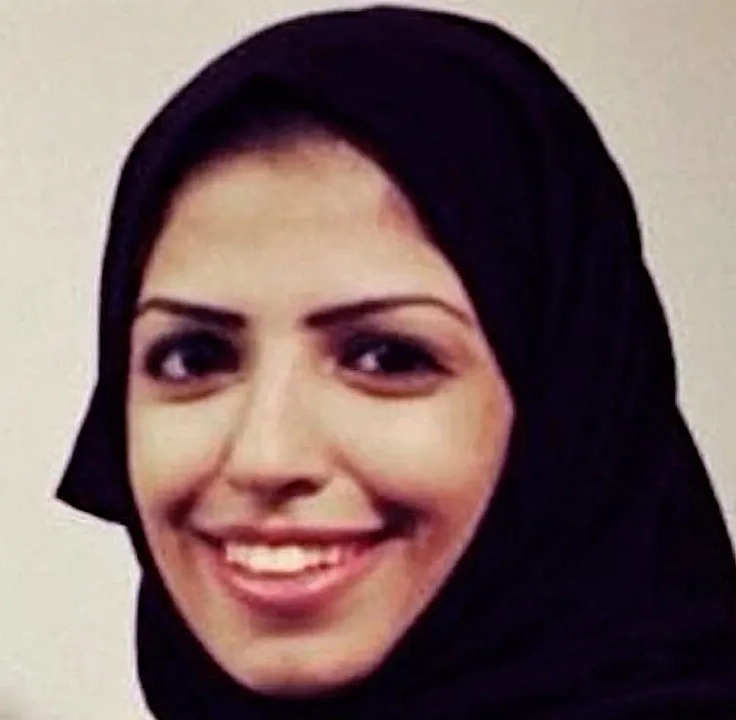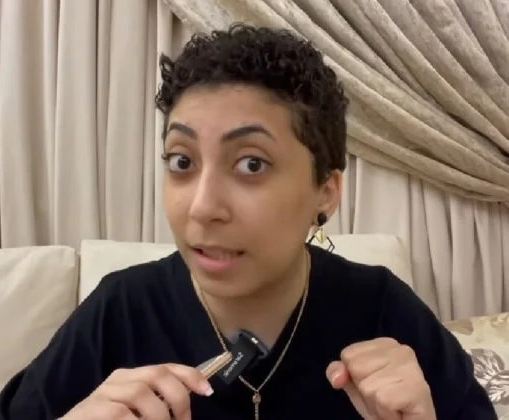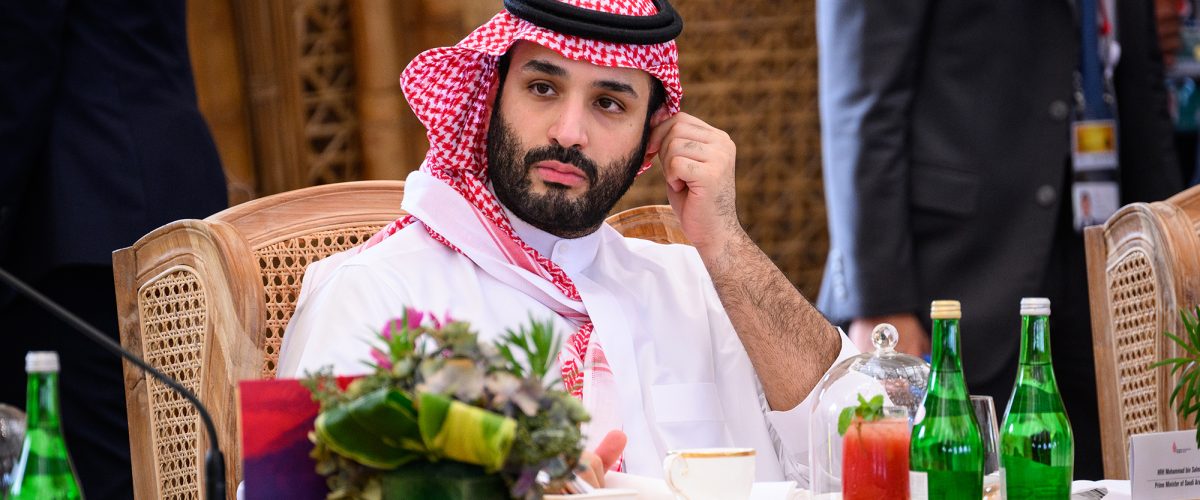The U.S. State Department in December redesignated Saudi Arabia as a Country of Particular Concern under the International Religious Freedom Act for egregious, systemic and ongoing violations of religious freedom.
That decision is applauded by the U.S. Commission on Religious Liberty, which says in a new report the nation demonstrated limited advances in faith and social liberties last year.
Despite whatever strides have been made, religious freedom in Saudi Arabia continues to be treated like a benefit granted by authorities instead of a right permitted under international law, USCIRF said in its December report. “To that end, the systematic repression of peaceful religious dissent not only runs afoul of Article 18 of the United Nations Universal Declaration of Human Rights but also undercuts the Saudi narrative of progress toward being a global cosmopolitan hub of business and tourism.”
Joining Saudi Arabia on the latest list of Countries of Particular Concern are Burma, the People’s Republic of China, Cuba, Eritrea, Iran, Nicaragua, the DPRK, Pakistan, Russia, Tajikistan and Turkmenistan.
Saudi Arabia’s failings often have been brutal.
“In 2022, the (Saudi) government escalated its punishment of individuals who dissented peacefully from its official religious interpretations, including United States citizens. The government re-tried religious dissidents approaching the ends of their sentences and began issuing egregiously long sentences — decades in some cases — against religious dissidents for peaceful expression of their views,” USCIRF said.
The denial of religious liberty often has been felt through “egregiously long sentences,” by minority Muslim and other faith groups whose beliefs and practices conflict with the kingdom’s strict interpretation of Sunni Islam, the U.S. agency said. “Shi’a Muslims who participated in protests against religious discrimination over a decade ago remain tied up in legal battles or imprisoned. Many Shi’a Muslims facing execution as a result of this participation were minors when they allegedly committed their offenses.”
“In March 2022, the Saudi government conducted the largest mass execution in the country’s history, putting 81 people to death.”
And many Shi’a were executed last year, USCIRF said. “In March 2022, the Saudi government conducted the largest mass execution in the country’s history, putting 81 people to death, including 41 Shi’a Muslims on charges including ‘deviant beliefs.’ At least two Shi’a Muslims were executed based on their participation in the 2011 protests.”
The leader of Saudi Arabia’s Commission for the Promotion of Virtue and Prevention said the executions were necessary for the “‘preservation of religion, lives and funds’” and to “‘implement the provisions of Shari’a against (violators) and rid the people and the country of their evil,’” the commission reported.
Capital punishment was extended to adult Shi’a Muslims who were minors when accused of committing crimes. “In July, the (Specialized Criminal Court) sentenced a Shi’a man, Jalal al-Labbad, to death on charges including ‘participation in demonstrations.’”
Shi’a Muslims are by no means the only group denied religious freedom in Saudi Arabia, the commission said. Sunni Muslims who criticize the government or dispute religious interpretations routinely face incarceration, and authorities are holding Uyghur Muslims who would face severe consequences if deported to China.
Christians, Buddhists and Hindus, among other non-Muslim groups, continue to be denied the right to build religious facilities and to display their faith in public settings, the commission said. “In August, an imam at the Grand Mosque in Mecca called for God to ‘bring annihilation on the plundering and occupying Jews.’”
But a limited easing of restrictions has been seen, the commission said. “Public worship continued to be prohibited for non-Muslim religious minorities in Saudi Arabia. However, these communities were reportedly subjected to less harassment by security officials than in years past. … A Christian community leader in the Gulf expressed optimism that current restrictions on public Christian worship in Saudi Arabia may be ‘reviewed and eased.’ In June, the Muslim World League hosted a delegation of 13 American Jewish leaders who were afforded space for Jewish prayer as well as kosher food.”
Women continue to experience significant limitations on their religious, social and personal freedoms, USCIRF said. “The Saudi government has made meaningful initial reforms of the religiously based male guardianship system but has not yet addressed its underlying structural, religiously justified elements that position women as legal minors for life.”
Saudi schoolbooks continue to portray men as guardians of women and warn that lax veil wearing can lead to men being seduced. Textbooks also say women cannot be effective judges or rulers and that wives must obey the wishes of their husbands.

Salma al-Shehab
“Saudi Arabia has also continued to crack down on women calling for greater freedom from religiously grounded restrictions on their rights,” the report states. “In August 2022, the (Specialized Criminal Court) sentenced Salma al-Shehab to 34 years in prison and a 34-year travel ban over tweets supporting women activists advocating for greater freedom, including reforms to the guardianship system.”
That system includes “social education houses” where women and girls are sent for disobedience to their male guardians, the commission explained. “Women can remain in these facilities at the request of a guardian and without their consent, regardless of whether the guardian is abusive or has the woman’s best interests in mind. Women in social education houses have committed suicide over treatment including strip searching, beatings, and solitary confinement. They are also reportedly denied proper hygiene and medical care.”

Mohammed al-Rabiah
Men who express opposition to that system also endure severe punishments, the report says. “Authorities arrested (Mohammed) al-Rabiah in 2018 for his activism against the male guardianship system, and he was reportedly subjected to beatings, electric shock, waterboarding and upside-down suspension by his feet in prison.”
Saudi Arabia’s strict interpretation of Islam also results in the denial of religious and personal freedoms for LGBTQ people, USCIRF said. “Same-sex relations are punishable by death in Saudi Arabia, though the government has not sought this punishment in recent years. Saudi Arabia has, however, jailed those who have expressed support for the LGBTQ community on religious grounds.”

Tala Safwan
In June, Saudi police arrested Tala Safwan, a TikTok creator with 4.9 million followers, for posting “suggestive content toward another woman on the grounds that it could negatively impact public morality. That same month, Saudi officials removed colorful toys, pencil cases, backpacks, crayons and clothes from shops in Riyadh.”
Any meaningful improvements to religious freedom in Saudi Arabia can be attributed to pollical pressures applied by the U.S. and like-minded governments. But the country has a long way to go, the commission said.
“In continuing to pursue a strong bilateral U.S.-Saudi relationship, the U.S. government should continue to publicly and privately express to Saudi government officials its great concern over Saudi Arabia’s particularly severe religious freedom violations. Such restrictions impede Saudi progress toward its goal of becoming a regional economic hub and raise the cost of public U.S. government engagement with Saudi Arabia.”
Related articles:
Iran continues ‘egregious violations of religious freedom,’ watchdog reports
Autocratic nations are pretending to embrace religious freedom, U.S. commission warns
In survey of religious oppression across the globe, Russia, Afghanistan and China take center stage


